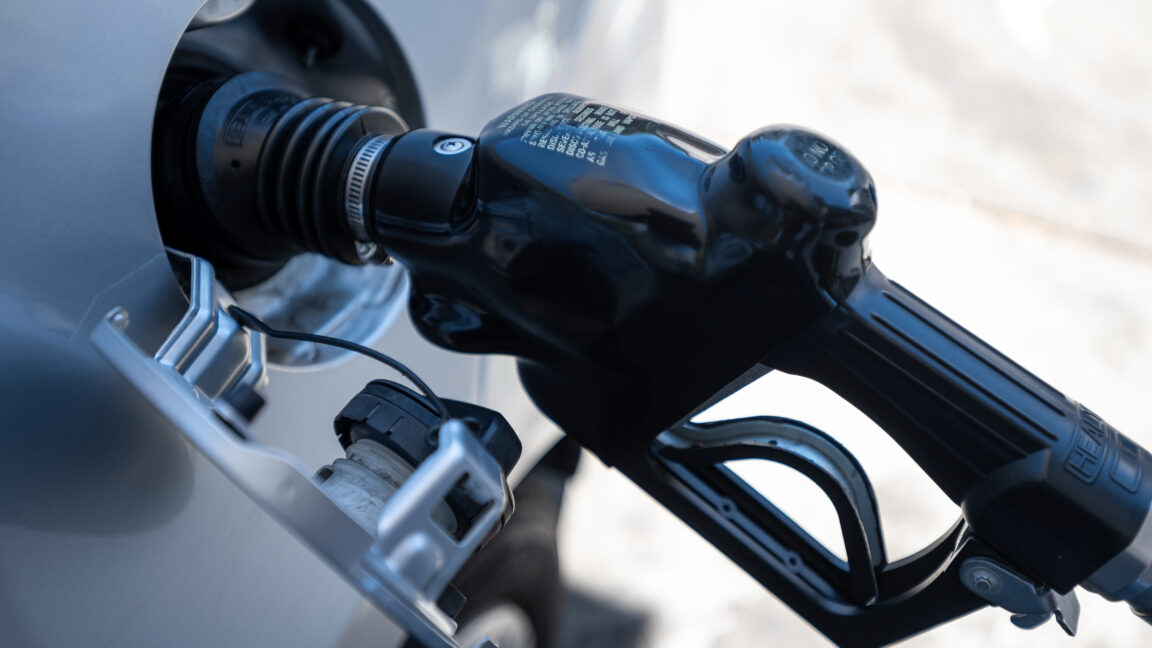
Credit: David Paul Morris/Bloomberg via Getty Images
Automakers selling cars in the United States now have even less incentive to care about fuel economy. As Ars has noted before, the current administration and its Republican allies in Congress have been working hard to undermine federal regulations meant to make our vehicle fleet more efficient.
Some measures have been aimed at decreasing adoption of electric vehicles—for example the IRS clean vehicle tax credit will be eliminated at the end of September. Others have targeted federal fuel economy regulations that require automakers to meet specific fleet efficiency averages or face punishing fines for polluting too much. At least, they used to.
According to a letter seen by Reuters, sent to automakers by the National Highway Traffic Safety Administration, the federal government has decided it will not levy any fines on companies that have exceeded the corporate average fuel economy limits dating back to model year 2022.
Under the Biden administration, CAFE fines were increased to $17 per vehicle for each 0.1 mpg below the standard, and between model years 2011-2020, OEMs paid more than $1.1 billion in fines—money that will now no longer be collected. For automakers like Stellantis, which has paid almost $600 million in fines over the last decade, the change will be significant.
"Average fuel economy has doubled over the last 50 years, meaning drivers save thousands in gas money every year thanks to this program. Weakening this program, either by changing the rules or repealing it outright, means everyday Americans will have to buy more gas, and more demand for gas means higher gas prices. That’s not what we need right now," said Albert Gore, executive director of the Zero Emission Transportation Association.
"[Department of Transportation]’s interpretation attempts to retroactively alter existing regulations, creating uncertainty for manufacturers that have strived to comply with these achievable standards. It also fails to acknowledge the transformation in the American auto market, as more than 19 percent of current new vehicle sales have alternative drivetrains—including hybrids, plug-in hybrids, and fully electric vehicles. Meanwhile, the Senate’s proposal to not enforce federal regulations harms manufacturers that have made investments to comply with the current rule," Gore said in a statement.
Not every automaker will love the changes. As a result of no more CAFE targets, there's no longer a reason for OEMs that pollute too much to purchase carbon credits from Tesla. As we have seen in recent quarters, these carbon credits are increasingly important to Tesla with regards to maintaining its profitability, which has nosedived over the past few years as consumers have grown tired of the company's small and stale product range as well as being turned off by CEO Elon Musk's right-wing politics.
That is, in part, by design: Reuters notes that Senator Bernie Moreno (R-OH)—who happens to own car dealerships—called the sums paid by other OEMs to Tesla for carbon credits "outrageous."

-
 C114 Communication Network
C114 Communication Network -
 Communication Home
Communication Home


